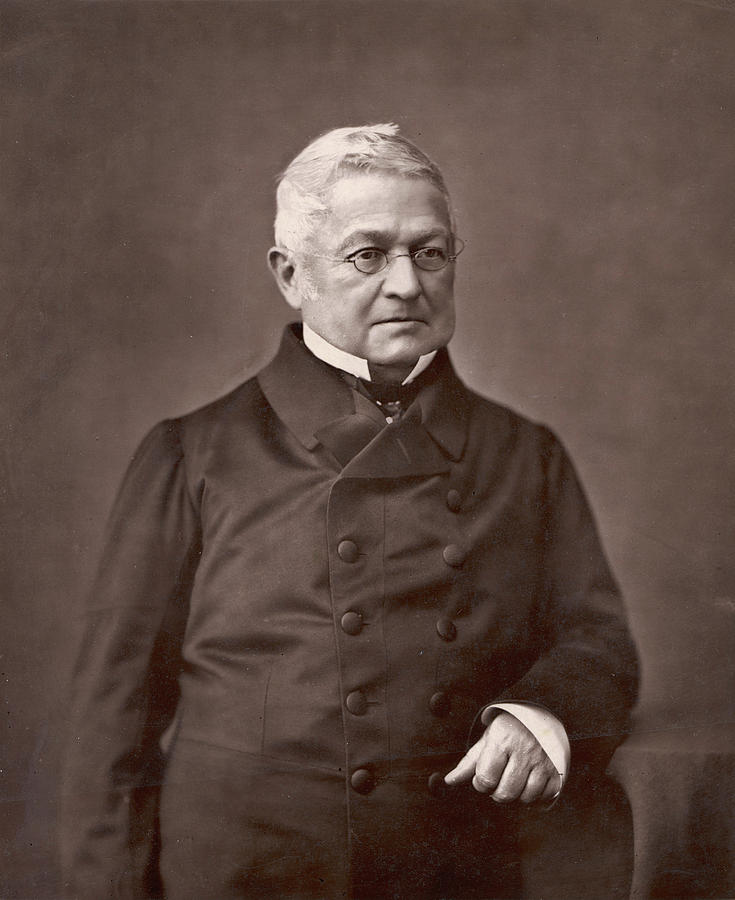
Adolphe Thiers
31 August 1871 - 24 May 1873
02
Adolphe Thiers: The Founding Father of Modern France
Adolphe Thiers was a French statesman, historian, and writer who played a major role in the political and intellectual life of France in the 19th century. He was born in Marseille, France, on April 15, 1797, and died in Saint-Germain-en-Laye, France, on September 3, 1877.
Thiers was a prolific writer and historian, known for his extensive studies of the French Revolution and the Napoleonic era. He was also an influential political figure, serving as Prime Minister of France and as the first President of the Third Republic.
Thiers began his career as a journalist and quickly gained a reputation as an expert on French history. His first major work, “Histoire de la Révolution française” (History of the French Revolution), was published in ten volumes between 1823 and 1827. The work established Thiers as one of the leading historians of his time and helped shape the popular perception of the French Revolution as a key event in French history.
Thiers entered politics in 1830, when he was elected to the Chamber of Deputies. He served as a member of parliament for several years and quickly rose through the ranks of the liberal opposition. In 1836, he was appointed Minister of the Interior, a position he held for two years.
Thiers played a key role in the July Revolution of 1830, which overthrew the Bourbon monarchy and established the July Monarchy under King Louis Philippe. He was a vocal opponent of the Bourbon monarchy and played a leading role in shaping the political and cultural landscape of France in the 19th century.
Thiers became Prime Minister of France in 1836 and served in that position for several years. He oversaw a number of important reforms, including the establishment of a national education system and the creation of a professional civil service. He also worked to modernize the French economy and expand the country’s infrastructure.
In 1840, Thiers was forced to resign as Prime Minister, following a political scandal involving the fortification of Paris. He continued to play an important role in French politics, however, and was instrumental in the establishment of the Second Republic in 1848.
Thiers served as President of the French Republic from 1871 to 1873, a time of great upheaval and change in France. He worked to rebuild the country after the Franco-Prussian War and oversaw the establishment of the Third Republic in 1875.
Thiers is remembered as a key figure in the history of France, whose influence extended beyond his own lifetime. His writings on French history and his role in shaping the political and cultural landscape of 19th-century France have had a lasting impact on French society and culture.
Conclusion
Adolphe Thiers was a major figure in the political and intellectual life of France in the 19th century. His extensive studies of French history and his influential political career helped shape the popular perception of the French Revolution and establish the foundations of modern France.
Thiers’ contributions to French politics and culture have had a lasting impact on the country and continue to be celebrated and studied today. He is remembered as a founding father of modern France and a key figure in the history of French democracy.
